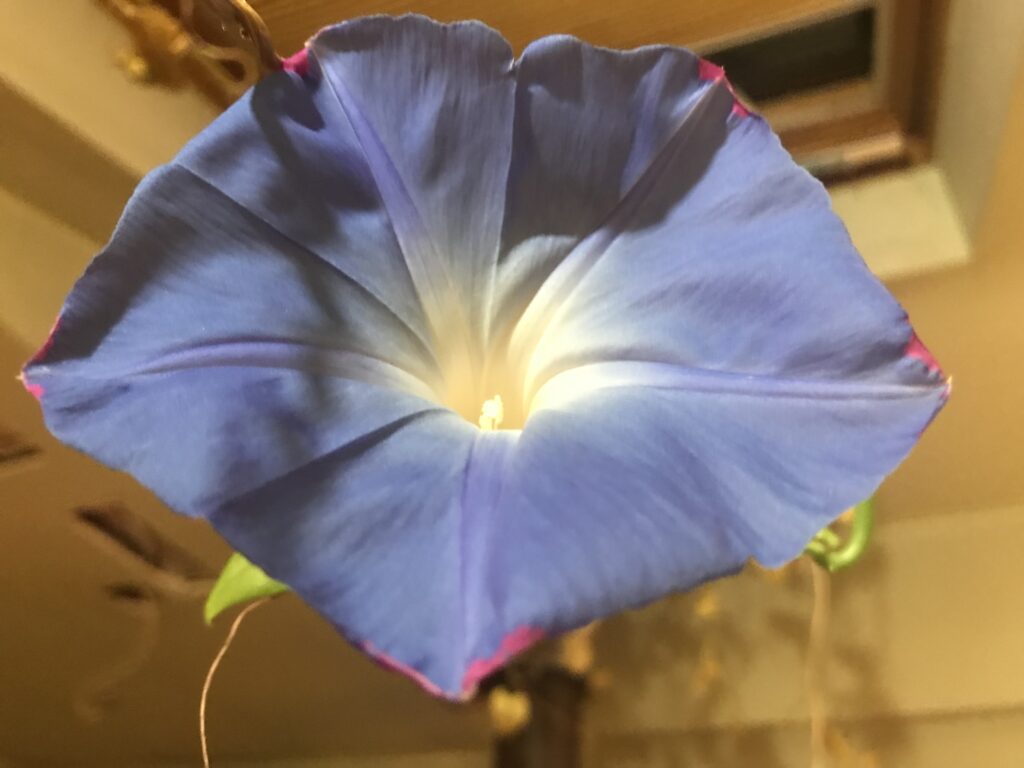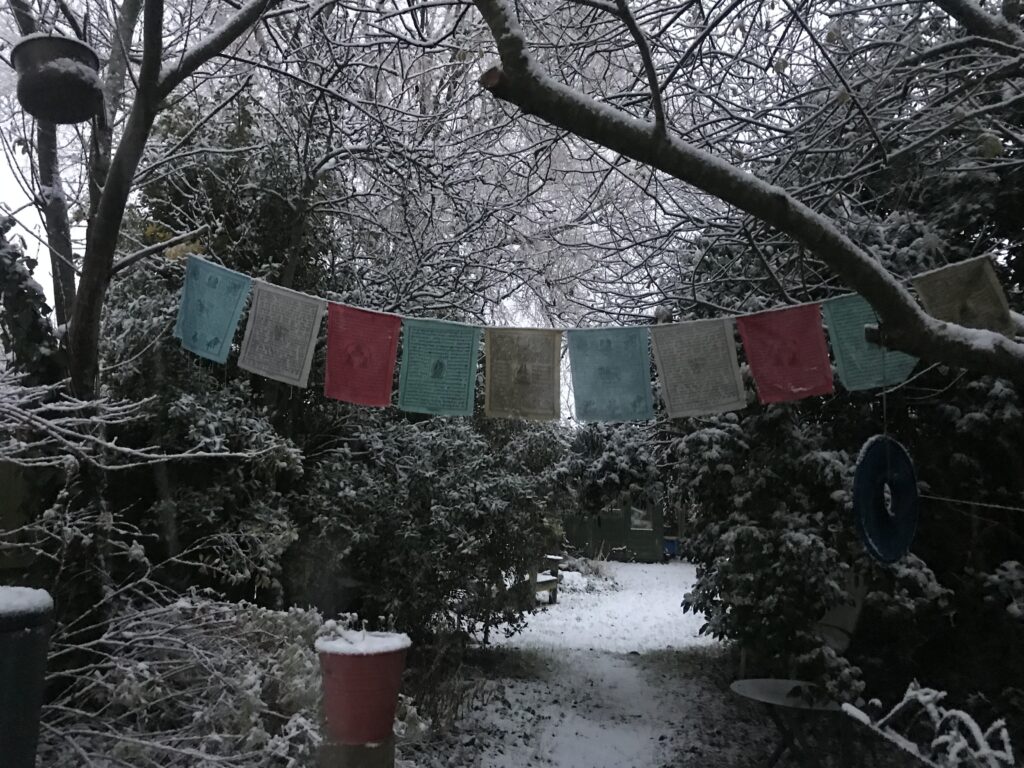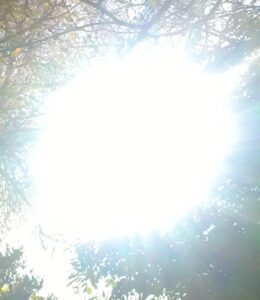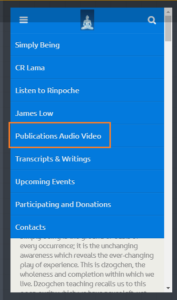
This recording completes the series of recordings from the book…Lotus Source…
It’s number 21… at the bottom of the series, which you’ll find with other recordings under audio/video from the menu bar
The text is an arrangement by James Low, adapted for this representation as an audio-recording …
It seems very wonderful to me that those who are engaged with this aspect of dharma, and hold the wisdom of the earlier chapters in their hearts, will be able to benefit from access to this practice – treasure.
Dharma can evoke rather different responses to events … than the usual worldly ones.
Nearly twenty years ago, when the consultant in the hospital’s emergency department was trying to lower my alarmingly high heart rate… he explained that, as he was going to use a chemical to actually stop my heart, I would shortly have a feeling of impending doom!
However my very happy thought was… oh wow! Great…what a perfect opportunity for practice…
I did so…and experienced the absolute opposite of doom!
I returned… to a lot of shouting … not with more faith… as that was a given, but having tried it in earnest, with complete confidence in that practice…
This completing text is now published, on this first day of this new year… of the wood-dragon
You probably know that there are dragons of many kinds…
I saw one once – this is a ‘true-story’ – and it’s out-breath was most unusual…a little bit like steam but not hot or damp, nor dense like smoke.
More like incense… ethereal, nebulous…very light textured, soft but not bright…ungraspable….yet refined and precious in quality.
This happened many years ago… I’d see this as a wisdom-dragon…and the out-breath…the breath of dharma flowing out into this troubled world…
So wishing you a Happy New Year, Happy Losar…. and Happy new you, Happy new me, Happy new moment. May we have the blessing of many more happy new years, giving us time to deepen our practice, before it’s our time to go. And may our wise teachers…long keep breathing out…and in, the freshness of the dharma!















